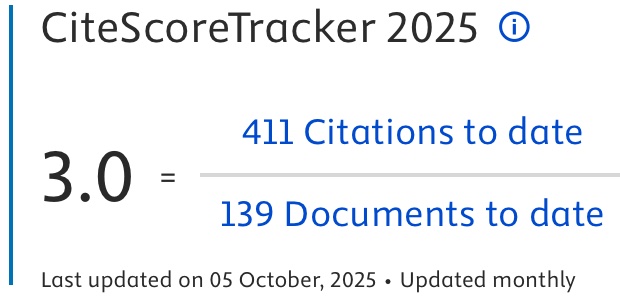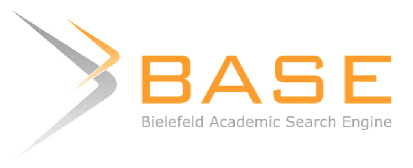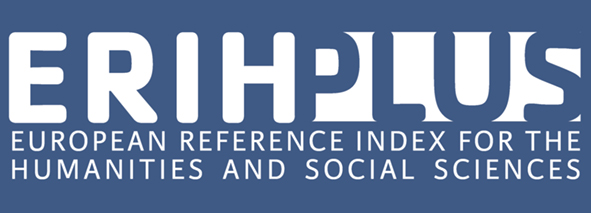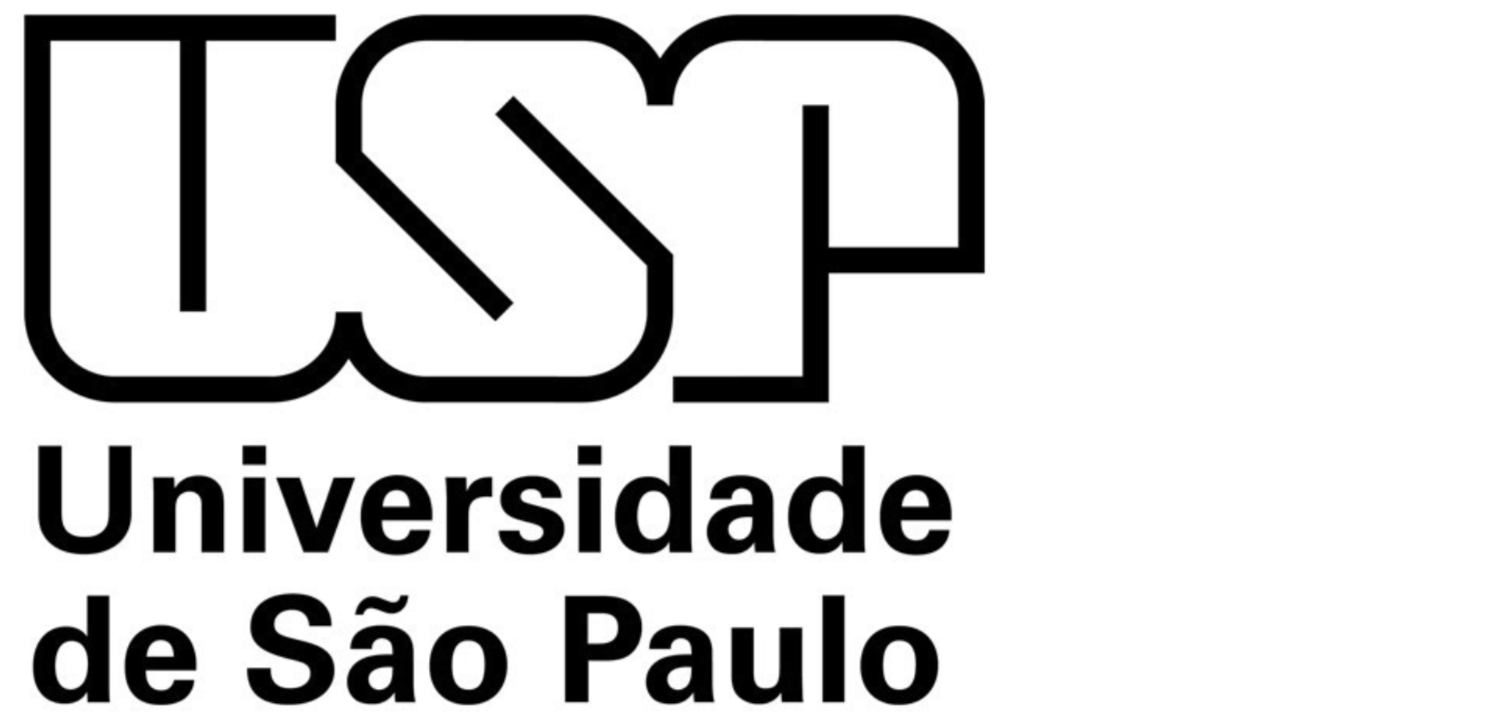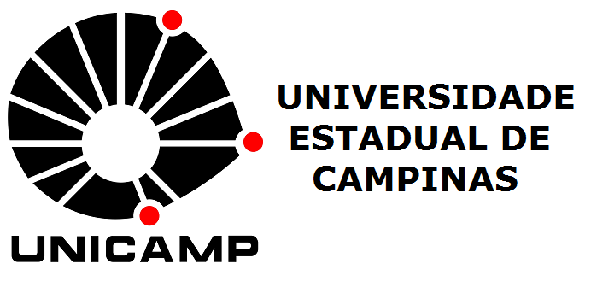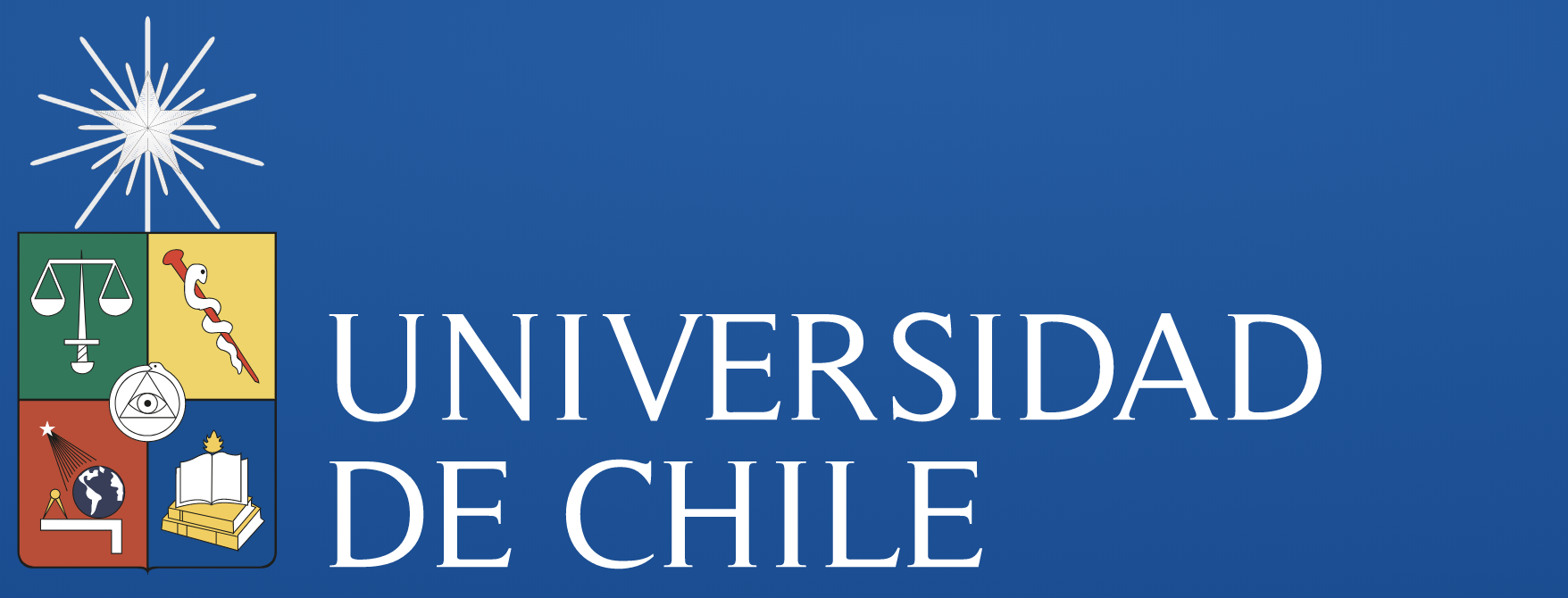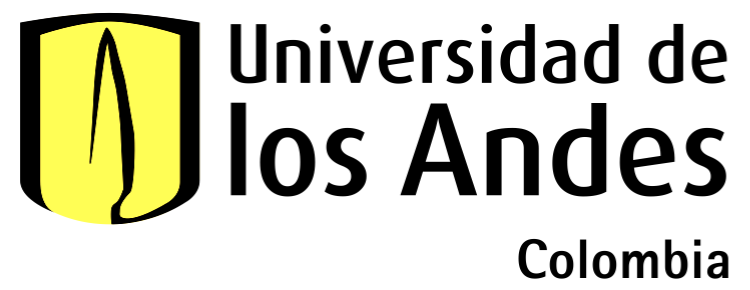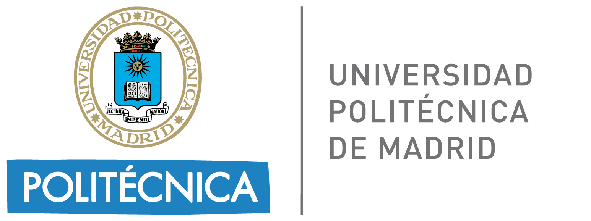Energy Citizenship Contract and European cities transition
DOI:
https://doi.org/10.19229/2464-9309/15132024Keywords:
energy citizenship contract, energy transition, decarbonisation, energy justice, climate neutralityAbstract
The latest IPCC reports highlight the slow progress of energy and environmental transition, as well as the limited involvement of citizens in the European Green Deal; however, many cities are divided between the need to accelerate the transition process and ensure a context of social justice: in this scenario, energy citizenship relates the energy system to active participation. This paper proposes a reflection on the relationship between the concepts of energy citizenship and just transition in the context of European cities, introducing an innovative tool called the Energy Citizenship Contract developed by the H2020 project – GRETA. The contribution explores its adaptability in different contexts for constructing resilient development pathways through multilevel research and experiments conducted in Italy, Spain, and Portugal.
Article info
Received: 18/03/2024; Revised: 21/04/2024; Accepted: 27/04/2024
Downloads
Article Metrics Graph
References
Antonini, E. (2019), “Incertezza, fragilità, resilienza | Uncertainty, fragility, resilience”, in Agathón | International Journal of Architecture Art and Design, vol. 6, pp. 6-13. [Online] Available at: doi.org/10.19229/2464-9309/612019 [Accessed 14 March 2024].
Barbera, F., Dagnes, J., Salento, A. and Spina, F. (eds) (2016), Il capitale quotidiano – Un manifesto per l’economia fondamentale, Donzelli Editore, Roma.
Betsill, M. M. and Bulkeley, H. (2006), “Cities and the multilevel governance of global climate change”, in Global Governance, vol. 12, issue 2, pp. 141-159. [Online] Available at: jstor.org/stable/27800607 [Accessed 14 March 2024].
Boeri, A., Gianfrate, V., Boulanger, S. O. M. and Massari, M. (2020), “Future Design Approaches for Energy Poverty – Users Profiling and Services for No-Vulnerable Condition”, in Energies, vol. 13, issue 8, article 2115, pp. 1-18. [Online] Available at: doi.org/10.3390/en13082115 [Accessed 14 March 2024].
Boulanger, S. O. M., Massari, M., Longo, D., Turillazzi, B. and Nucci, C. A. (2021), “Designing Collaborative Energy Communities – A European Overview”, in Energies, vol. 14, issue 24, article 8226, pp. 1-17. [Online] Available at: doi.org/10.3390/en14248226 [Accessed 14 March 2024].
Carley, S. and Konisky, D. M. (2020), “The justice and equity implications of the clean energy transition”, in Nature Energy, vol. 5, issue 8, pp. 569-577. [Online] Available at: doi.org/10.1038/s41560-020-0641-6 [Accessed 14 March 2024].
Devine-Wright, P. (2004), “Towards zero-carbon – Citizenship, responsibility and the public acceptability of sustainable energy technologies”, in Buckle, C. (ed.), Proceedings of Conference C81 of the Solar Energy Society, UK Section of the International Solar Energy Society, vol. 21, pp. 51-62.
European Commission – Directorate-General for Research and Innovation (2022a), EU Missions – 100 climate-neutral and smart cities. [Online] Available at: data.europa.eu/doi/10.2777/191876 [Accessed 14 March 2024].
European Commission (2022b), Communication from the Commission to the European Parliament, the European Council, the Council, the European Economic and Social Committee and the Committee of the Regions – REPowerEU – Joint European Action for more affordable, secure and sustainable energy, document 52022DC0108, 108 final. [Online] Available at: eur-lex.europa.eu/legal-content/EN/TXT/?uri=COM%3A2022%3A108%3AFIN [Accessed 14 March 2024].
European Commission (2021a), Regulation (EU) 2021/695 of the European Parliament and of the Council of 28 April 2021 establishing Horizon Europe – The Framework Programme for Research and Innovation, laying down its rules for participation and dissemination and repealing Regulations (EU) No 1290/2013 and (EU) No 1291/2013, document 02021R0695-20240301. [Online] Available at: data.europa.eu/eli/reg/2021/695/2024-03-01 [Accessed 26 April 2024].
European Commission (2021b), Communication from the Commission to the European Parliament, the Council, the European Economic and Social Committee and the Committee of the Regions – ‘Fit for 55’ – Delivering the EU’s 2030 Climate Target on the way to climate neutrality, document 52021DC0550, 550 final. [Online] Available at: eur-lex.europa.eu/legal-content/EN/TXT/?uri=CELEX%3A52021DC0550 [Accessed 14 March 2024].
European Commission – Directorate-General for Research and Innovation (2020), 100 Climate-Neutral Cities by 2030 – By and for the Citizens – Report of the Mission Board for Climate-Neutral and Smart Cities. [Online] Available at: data.europa.eu/doi/10.2777/46063 [Accessed 14 March 2024].
European Commission (2019a), Clean Energy for all Europeans. [Online] Available at: op.europa.eu/en/publication-detail/-/publication/b4e46873-7528-11e9-9f05-01aa75ed71a1/language-en?WT.mc_id=Searchresult&WT.ria_c=null&WT.ria_f=3608&WT.ria_ev=search [Accessed 14 March 2024].
European Commission (2019b), Communication from the Commission to the European Parliament, the European Council, the Council, the European Economic and Social Committee and the Committee of the Regions – The European Green Deal, document 52019DC0640, 640 final. [Online] Available at: eur-lex.europa.eu/legal-content/EN/TXT/?uri=COM%3A2019%3A640%3AFIN [Accessed 14 March 2024].
Ferrante, T., Romagnoli, F. and Villani, T. (2023), “Sviluppo urbano sostenibile – Organizzazione di contenuti informativi per la transizione verso i Distretti a Energia Positiva | Sustainable urban development – Organizing information content for the transition to Positive Energy Districts”, in Agathón | International Journal of Architecture, Art and Design, vol. 13, pp. 191-204. [Online] Available at: doi.org/10.19229/2464-9309/13162023 [Accessed 14 March 2024].
Green, B. (2019), The Smart enough city – Putting Technology in Its Place to Reclaim Our Urban Future, The MIT Press, Cambridge (MA). [Online] Available at: doi.org/10.7551/mitpress/11555.001.0001 [Accessed 14 March 2024].
IPCC – Intergovernmental Panel on Climate Change (2023), Climate Change 2023 – Synthesis Report – Contribution of Working Groups I, II and III to the Sixth Assessment Report of the Intergovernmental Panel on Climate Change. [Online] Available at: doi.org/10.59327/IPCC/AR6-9789291691647 [Accessed 14 March 2024].
IPCC – Intergovernmental Panel on Climate Change (2022), Climate change 2022 – Impacts, adaptation, and vulnerability –Working Group II Contribution to the Sixth Assessment Report of the Intergovernmental Panel on Climate Change. [Online] Available at: ipcc.ch/report/ar6/wg2/ [Accessed 14 March 2024].
Irwin, T. (2018), “The Emerging Transition Design Approach”, in Storni, C., Leahy, K., McMahon, M., Lloyd, P. and Bohemia, E. (eds), Design as a catalyst for change | DRS International Conference 2018, 25-28 June, Limerick, Ireland, pp. 968-989. [Online] Available at: doi.org/10.21606/drs.2018.210 [Accessed 14 March 2024].
Irwin, T. (2015), “Transition Design – A Proposal for a New Area of Design”, in Design and Culture | The Journal of the Design Studies Forum, vol. 7, issue 2, pp. 229-246. [Online] Available at: doi.org/10.1080/17547075.2015.1051829 [Accessed 14 March 2024].
Jenkins, K., McCauley, D., Heffron, R., Stephan, H. and Rehner, R. (2016), “Energy justice – A conceptual review”, in Energy Research & Social Science, vol. 11, pp. 174-182. [Online] Available at: doi.org/10.1016/j.erss.2015.10.004 [Accessed 14 March 2024].
Jenkins, K., Sovacool, B. K. and McCauley, D. (2018), “Humanizing sociotechnical transitions through energy justice – An ethical framework for global transformative change”, in Energy Policy, vol. 117, pp. 66-74. [Online] Available at: doi.org/10.1016/j.enpol.2018.02.036 [Accessed 17 March 2024].
Longo, D., Boulanger, S. O. M., Massari, M. and Turci, G. (2023), “Cittadinanza energetica – Strumenti e tecnologie per abilitare la transizione nei distretti | Energy Citizenship – Tools and Technologies to enable Transition in Districts”, in Techne | Journal of Technology for Architecture and Environment, vol. 25, pp. 1-17. [Online] Available at: dx.doi.org/10.36253/techne-13721 [Accessed 17 March 2024].
Montalvo, C., Schlindwein, L., Ruggieri, B. and Kantel, A. (2021), Framework for research on energy citizenship emergence structure and dynamics – D1.1 of the Horizon 2020 project GRETA, EC grant agreement no. 101022317, The Hague, The Netherlands. [Online] Available at: projectgreta.eu/wp-content/uploads/2022/01/GRETA_D1_1_Energy-citizenship-emergence-framework_v1_0.pdf. [Accessed 14 March 2024].
Olivadese, R., Alpagut, B., Revilla, B. P., Brouwer, J., Georgiadou, V., Woestenburg, A. and van Wees, M. (2021), “Towards Energy Citizenship for a Just and Inclusive Transition – Lessons Learned on Collaborative Approach of Positive Energy Districts from the EU Horizon2020 Smart Cities and Communities Projects”, in Proceedings, vol. 65, issue 1, article 20, pp. 1-8. [Online] Available at: doi.org/10.3390/proceedings2020065020 [Accessed 17 March 2024].
Rossi, G. E. (2019), “Adattamento urbano, strategie e progetto – Il divario fra le politiche e la loro implementazione | Urban adaptation, strategies and projects – The gap between policies and their implementation”, in Agathón | International Journal of Architecture Art and Design, vol. 6, pp. 46-57. [Online] Available at: doi.org/10.19229/2464-9309/652019 [Accessed 17 March 2024].
Sareen, S. and Haarstad, H. (2018), “Bridging socio-technical and justice aspects of sustainable energy transitions”, in Applied Energy, vol. 228, pp. 624-632. [Online] Available at: doi.org/10.1016/j.apenergy.2018.06.104 [Accessed 17 March 2024].
Sovacool, B. K. (2021), “Who are the victims of low-carbon transitions? Towards a political ecology of climate change mitigation”, in Energy Research and Social Science, vol. 73, article 101916, pp. 1-16. [Online] Available at: doi.org/10.1016/j.erss.2021.101916 [Accessed 17 March 2024].
Trevisan, R., Ghiani, E. and Pilo, F. (2023), “Renewable Energy Communities in Positive Energy Districts – A Governance and Realisation Framework in Compliance with the Italian Regulation”, in Smart Cities, vol. 6, issue 1, pp. 563-585. [Online] Available at: doi.org/10.3390/smartcities6010026 [Accessed 17 March 2024].
Walker, G. and Devine-Wright, P. (2008), “Community renewable energy – What should it mean?”, in Energy Policy, vol. 36, issue 2, pp. 497-500. [Online] Available at: doi.org/10.1016/j.enpol.2007.10.019 [Accessed 17 March 2024].
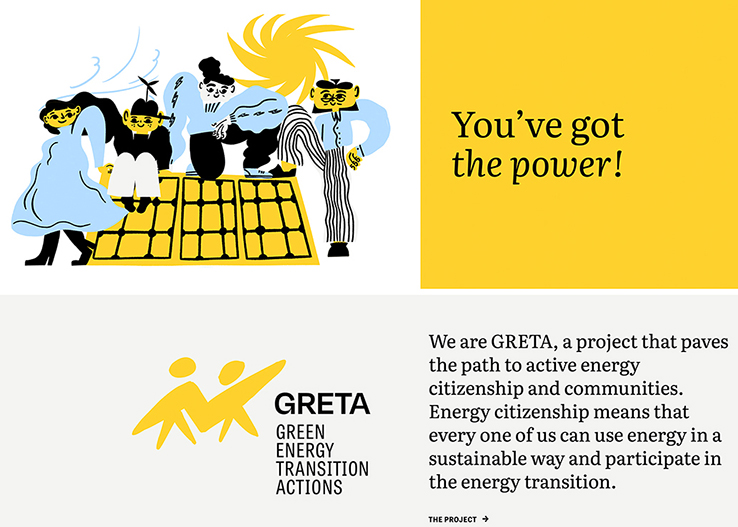
Downloads
Published
How to Cite
Issue
Section
Categories
License
Copyright (c) 2024 Andrea Boeri, Danila Longo, Saveria Olga Murielle Boulanger, Martina Massari

This work is licensed under a Creative Commons Attribution 4.0 International License.
This Journal is published under Creative Commons Attribution Licence 4.0 (CC-BY).
License scheme | Legal code
This License allows anyone to:
Share: copy and redistribute the material in any medium or format.
Adapt: remix, transform, and build upon the material for any purpose, even commercially.
Under the following terms
Attribution: Users must give appropriate credit, provide a link to the license, and indicate if changes were made; users may do so in any reasonable manner, but not in any way that suggests the licensor endorses them or their use.
No additional restrictions: Users may not apply legal terms or technological measures that legally restrict others from doing anything the license permits.
Notices
Users do not have to comply with the license for elements of the material in the public domain or where your use is permitted by an applicable exception or limitation.
No warranties are given. The license may not give users all of the permissions necessary for their intended use. For example, other rights such as publicity, privacy, or moral rights may limit how you use the material.






